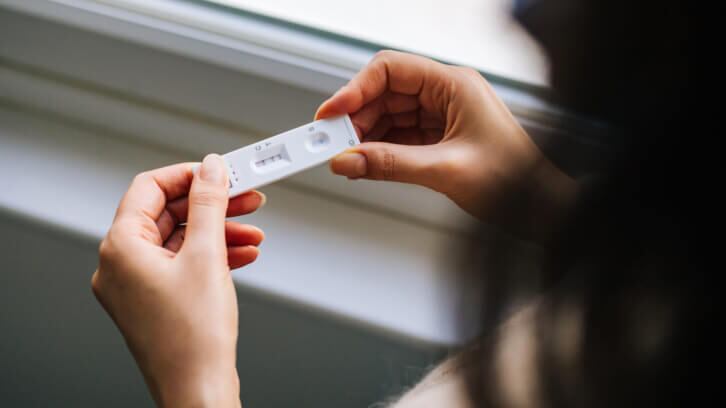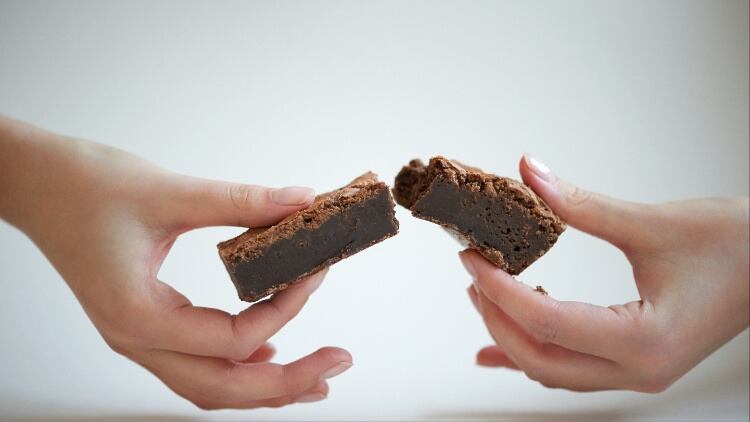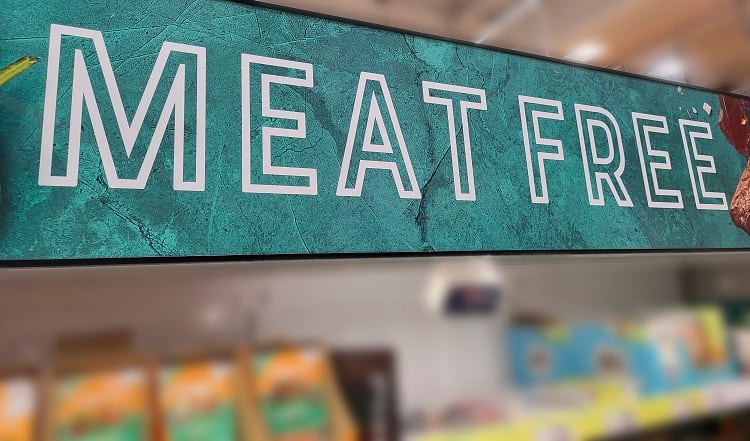The compound is known as Pyrroloquinoline quinone (PQQ), which the authors believe holds promise as an effective viral inhibitory treatment during early-stage infection.
The findings (published in the American Chemistry Society) come from the back of a Japanese invitro study in 2023, which used a natural source of PQQ developed by Mitsubishi Gas Chemical Co., Inc. (MGC) on a virus belonging to the ‘corona family’ known as the Feline Infectious Peritonitis Virus.
The team discovered that they were less infectious than those viral loads that were not treated with the ingredient. They theorised that these effects were directly related to virion instability, preventing host cell viral entry and replication.
One of the most studied ingredients
According to MGC, its ‘MGCPQQ’ – used in this study – is among one of the most studied and tested ingredients of its kind, with dozens of in vitro and in vivo clinical studies and trials dating back 40 years.
Research suggests it can stimulate mitochondria – which is vital to cell survival – and help support cognitive health by promoting nerve growth factor in the brain. The company claims the ingredient is also said to have demonstrated the ability to lower stress, improve sleep and boost energy.
Currently, MGCPQQ is the only PQQ ingredient on the European Novel Food approved list. In addition to its EU approval, it is also the only ingredient of its kind with NDI notification from the US Food and Drug Administration (registered under the name BioPQQ®). It is yet to be approved in the UK, which is still reviewing its novel food authorisation process.
Food as medicine
While health claims are a regulatory minefield in f&b, the ‘food as medicine’ movement is certainly gaining traction and challenging views of food as ‘simply fuel’.
As a spokesperson from MGC told Food Manufacture: “Consumer interest in ‘functional foods’ with added health benefits and personalised dietary advice is increasing. This demand fuels initiatives like ‘culinary medicine’ programmes integrating nutrition into healthcare.”
This, they added is “prompting questions about the regulatory landscape surrounding health claims in the UK” and, indeed, beyond.
“Brexit offers an opportunity to review and potentially adapt current regulations, potentially creating a more flexible framework for evidence-based health claims that considers the growing body of research on food and health,” they continued.
“The importance of nutrition in health is gaining recognition within the UK government and healthcare system. Initiatives like the NHS Eat Well campaign promote healthy eating, and pilot programmes like ‘food prescriptions’ explore integrating dietary interventions into healthcare.”
More research needed
To date, the researchers have only tested PQQ’s antiviral effects against coronavirus infection through in vitro studies, so further investigation is needed to confirm the ingredient’s effectiveness in combatting the global spread of coronavirus-related diseases, including COVID-19 and before obtaining any regulatory approval. However, the team says the results are promising.
“We’re encouraged by the research’s early findings showing PQQ can help protect cells against coronaviruses, particularly when used to treat infections in the early stages,” commented Atsushi Sugimoto, assistant manager for MGC. “While more testing is needed, the results from this in-vitro study clearly suggest that PQQ has a strong antiviral effect and could one day help serve as a new option for managing symptoms caused by the coronavirus disease.”
Whether regulation allows health claims like ‘coronavirus fighting’ on food packaging in the future, it could be some time before we see food manufacturers making bold health claims anyway, due to legal risks and potential challenges in meeting the stringent evidentiary requirements.
In other news, plant-based company MYCO has received a £1.5m investment as it prepares to launch its first range of products.





